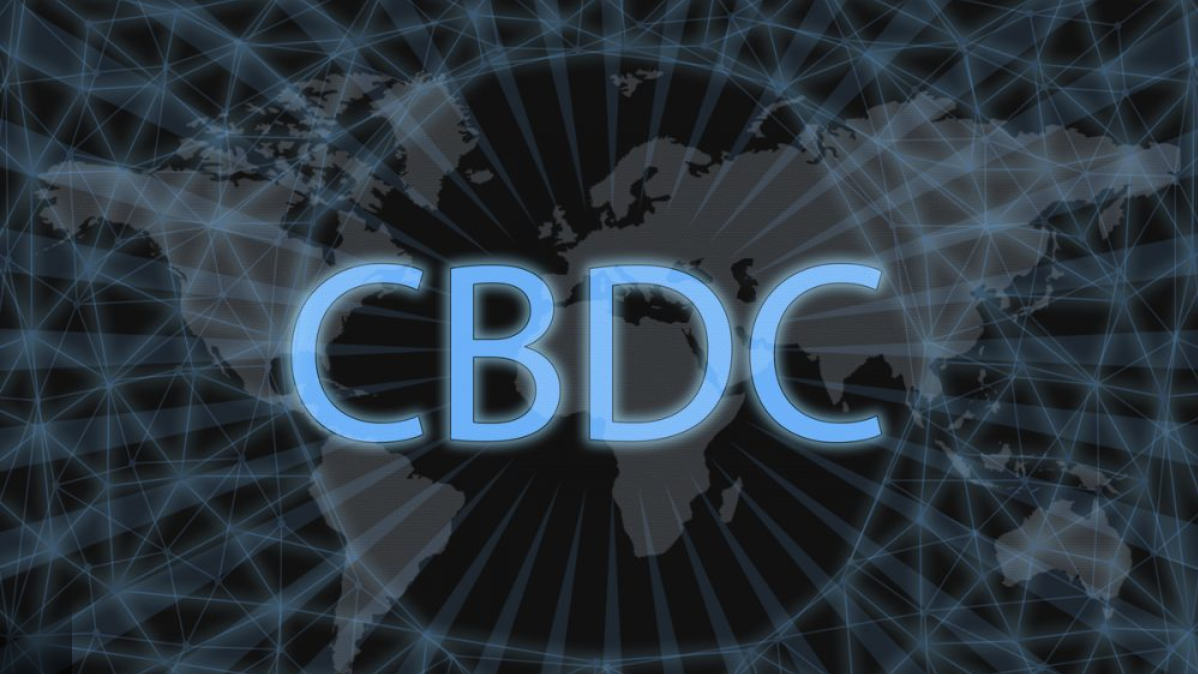
▲圖片標題(來源:pymnts)
The regulatory environment is taking shape for central bank digital currencies (CBDCs) — but there’s hardly a clear-cut path forward, at least here in the states.
A number of key questions still bubble up.
How should central banks — and, especially, the Federal Reserve — issue and monitor these digital currencies? What would the role of the traditional banking players be — and would the CBDCs be used for retail or wholesale payments, or both?
Much may be laid out (and some questions may remain unanswered) when the Fed published its own paper on CBDCs, but depending on where you look, the regulatory ball, so to speak, is rolling.
To that end, there’s at least some pressure not to cut out intermediaries from the process.
As laid out in recent days via proposed legislation from Minnesota Republican Congressman Tom Emmer, the Federal Reserve would be prohibited from issuing a central bank digital currency directly to individuals. That prohibition would come via an amendment to the Federal Reserve Act, extending section 13 to ban the Federal Reserve from offering products or services directly to an individual, maintaining an account on behalf of an individual or issuing a CBDC directly to an individual.
So: In this case, there would ostensibly be a CBDC, but data privacy concerns remain paramount. Emmer’s bill would seek to prevent the central bank from also becoming a retail bank. As the congressman contended last week in a statement, “requiring users to open up an account at the Fed to access a U.S. CBDC would put the Fed on an insidious path akin to China’s digital authoritarianism … It is important to note that the Fed does not, and should not, have the authority to offer retail bank accounts. Regardless, any CBDC implemented by the Fed must be open, permissionless, and private. This means that any digital dollar must be accessible to all, transact on a blockchain that is transparent to all, and maintain the privacy elements of cash.” The statement that the CBDC must be open and private leaves room for traditional financial players in the mix.
Wholesale, Retail or Both
Then, of course there’s the debate over whether the CBDCs should be offered up for retail or wholesale use cases, or both. We’ve seen a hybrid approach in China, of course, where in recent weeks the central bank of that country has launched apps that would bring CBDCs/wallets to Google and Apple online stores; a range of pilots across the country have incorporated wholesale and retail payments ahead of a broader rollout that targets the 2022 Olympics.
轉貼自: Pymnts
若喜歡本文,請關注我們的臉書 Please Like our Facebook Page: Big Data In Finance


留下你的回應
以訪客張貼回應